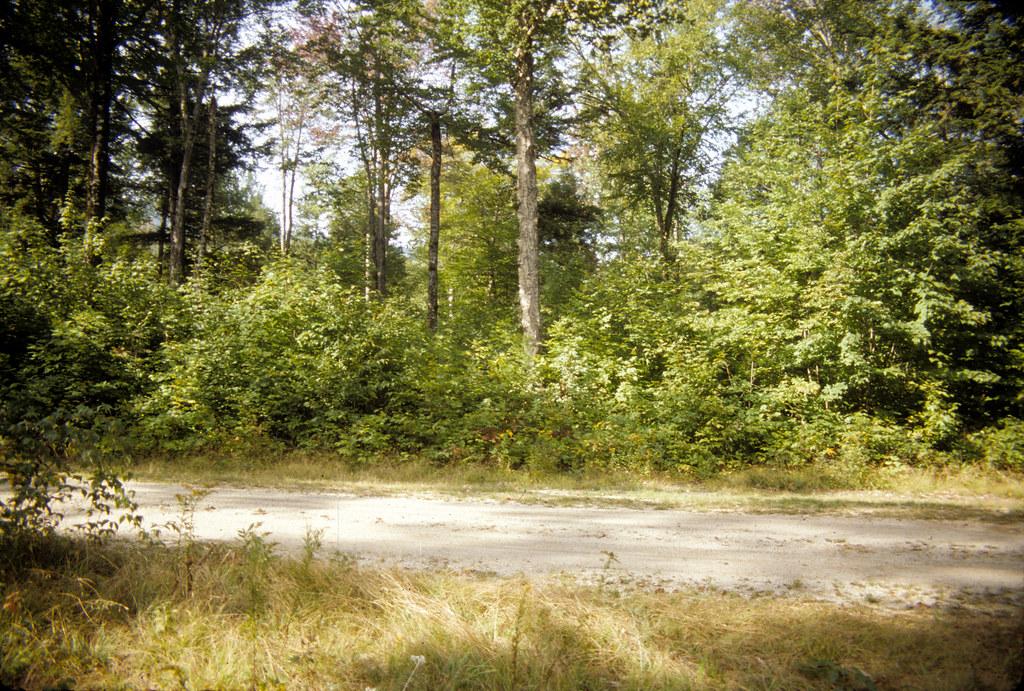- Tags:
- Advocacy

This photo from the Bartlett Experimental Forest shows a shelterwood harvesting system that was used in the Lake States. The system was tested to regenerate sugar maple, with long-term results indicating that beech is the predominant regeneration on granitic soils. (Courtesy photo)
In March, we reported on concerns about the capacity of the U.S. Forest Service (USFS) to continue the ongoing vital research on forest ecology and management at the Bartlett and Massabesic experimental forests. (Read the letter we wrote in support of these unique and valuable facilities with NH Timberland Owners Association and Maine Woodland Owners.)
Formally established in 1932, the Bartlett Experimental Forest is part of a system of 84 Experimental Forests and Ranges administered by the USFS. The agency describes it as the largest and longest-lived ecological research network in the United States. It the center for long-term science and management studies in most major vegetation types of the United States.
U.S. Senator Jeanne Shaheen announced on July 25 that the Senate Appropriations Committee advanced its FY25 Interior and Environment Appropriations bill and included report language that Senator Shaheen secured directing the Forest Service to prioritize staffing at experimental forests like Bartlett that have vacancies in leadership positions. Overall funding for Forest and Rangeland Research would be increased to $319 million in the Senate bill, which is a $19 million increase compared with FY24.
Here’s the language that Senator Shaheen secured which can be found on Page 110 of the Senate Appropriation Committee’s report:
Experimental Forests in the Northeast—The Committee recognizes the importance of experimental forests in the northeastern United States for assessing the long-term response of eastern white pine and northern hardwoods to various forest management prescriptions, controlled burning and natural factors, such as insects, disease, weather events and climate change. The continued collection of data and sustained research on experimental forests in the Northeast is essential for the U.S. Forest Service to predict future forest conditions to inform management on National Forest System lands. This research is also critical for advising private landowners and the forest industry on how to build resilience into forest management programs. Accordingly, the Committee directs the U.S. Forest Service to prioritize restoring staffing at experimental forests with vacancies in leadership positions and to develop a plan to address deferred maintenance needs.
The Congressional process to approve next year’s federal budget is in the early stages. However, we will continue to provide updates as it proceeds.
- In the meantime, we encourage readers to thank Senator Shaheen for her efforts to support the experimental forests in the region. Contact Senator Shaheen here.
